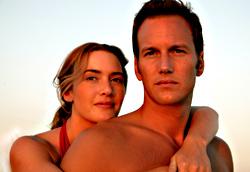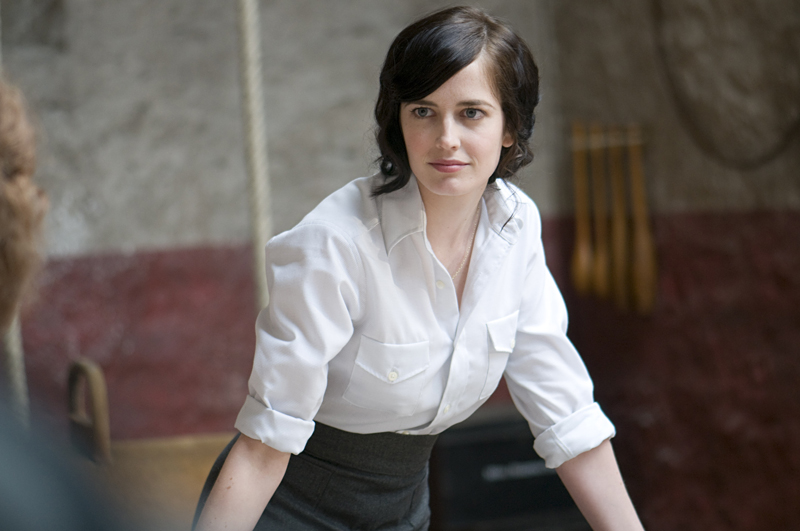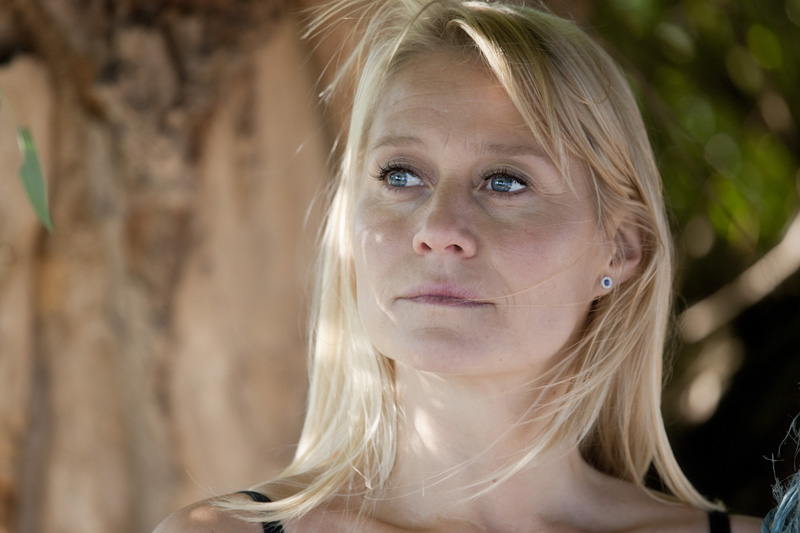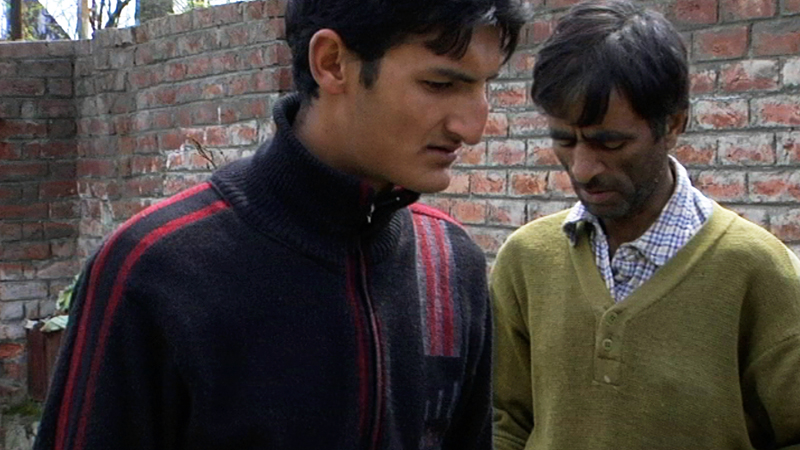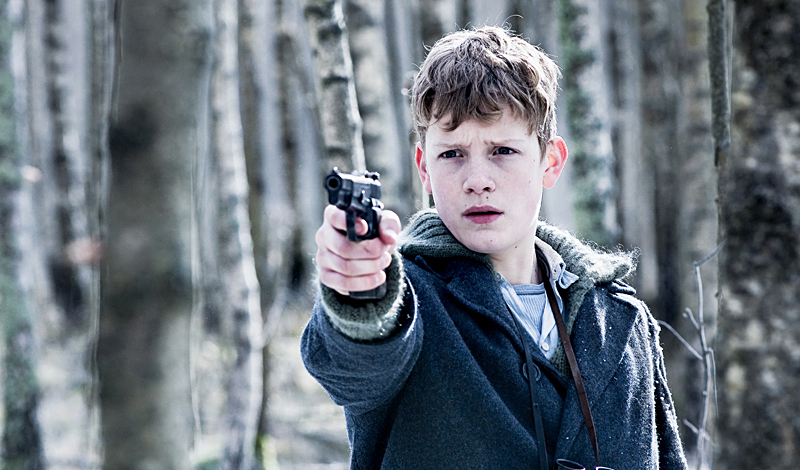After his intelligent but overrated In the Bedroom, Todd Field’s second excursion into middle-class unease unfolds at a leisurely pace in the parks, pools, and leafy homes of a commuter town in Massachusetts, an idyllic suburb where people come to bury their dreams and, in so doing, warp them into nightmares. Again, suburbia serves as the dartboard of choice for filmmakers bent on demonstrating their urbane superiority to the dull denizens of tract housing, and for all its surface spit and polish, Little Children is no different. It posits a town full of hypocrites busily persecuting their local child molester (a compellingly creepy Jackie Earle Haley) so as not to face up to their own subterranean secrets and desires. Behind the happy family facade are husbands and fathers who wear panties on their heads while jerking off to computer porn and fail to satisfy their desperate housewives in the sack.
Little Children is downright vicious toward its stay-at-home moms, ciphers who sit all day in the park, tut-tutting over snack protocol or giggling like virgins when a handsome dad shows up. Chafing against this furtively unsavory group are Sarah (Kate Winslet) and Brad (Patrick Wilson), two unfulfilled young parents unhappily married to other people. After a blissful summer lounging at the public pool, they find themselves coupling sweatily in her laundry room on a regular basis—until Brad’s scarily competent wife (Jennifer Connelly) smells a rat.
Based on Tom Perrotta’s novel, Little Children divides its time evenly between melodrama and black comedy—uneasy bedfellows under most conditions, but especially in a movie that solicits sympathy for its wounded souls. Where Perrotta is a born satirist, Field works most comfortably within the frame of earnest realist dramas. A former actor himself, he draws uniformly smooth performances from an unwieldy ensemble. Winslet, her ripe beauty bursting out of sensible dungarees and cardigans, makes us see how Sarah, an Eng. Lit. graduate student until she threw it all over for life in hell, could fall for a chronically underachieving doofus like Brad.
But this overly long movie, made sluggish by a superfluously novelistic narrator, feels divided against itself, driven by opposed impulses of tragedy and dark humor that make it impossible for us to identify with these lost souls’ break for freedom—or wait for them to grow up. ELLA TAYLOR
